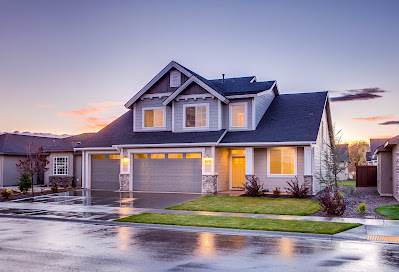Technology and communications today are far from what we used to know. The fifth generation networks, Wi-Fi and also social media did not exist then. This rapid progress has made our current world fueled by innovations and digital services, opening doors to new possibilities and inventions.
Artificial intelligence is one of the most significant players changing the rules of the game today. For example in the city of Patras in western Greece, researchers are using artificial intelligence to create revolutions in our homes, through futuristic smart homes.
In the new episode of the "Sky Tech" program on euronews, here is a quick glimpse of life in these homes, which are specially designed for the elderly, people with special needs and those who suffer from chronic diseases, and the aim is to preserve their independence and contribute to alleviating the burdens on the health and social field. After "permanent care" has become a common word in the tech world.
permanent care:
The high-tech smart homes being designed today in Patras may be an effective way as more and more people live longer, helping to keep the elderly healthy and helping them with their daily activities.
smart mirror:
While visiting these homes, you will find a "smart" mirror hung on the wall. By using facial recognition technology, this mirror can detect signs of a person's ill health just by standing in front of it.
The mirror takes basic measurements, such as heart rate and pressure, and can monitor the pupils of the eyes, which may indicate future liver or other problems. It then sends all the information collected directly either to the doctor or to his family members.
The infrastructure in hospitals and their endurance capacity has reached its limit today, especially after it was exhausted by the Corona pandemic that swept the whole world several months ago.
In the future, this will be even worse. So, it is clear that any service that we can take out of the hospital and do at home will be very beneficial for the hospitals and the health system as a whole.
Voice commands from anyone in the home can open and close doors and windows and control the lights. The sensors can also monitor the resident's movements, and detect early signs of conditions such as dementia, if their normal behaviors change.
The smart home is powered by cloud systems, through the use of artificial intelligence.
“We know that things happened,” says Nikolaos Voros, a professor at Peloponnese University. “For example in the case of a fall, we know that the fall happened. There are no data, no photos, no videos of the person who fell.”


Comments
Post a Comment